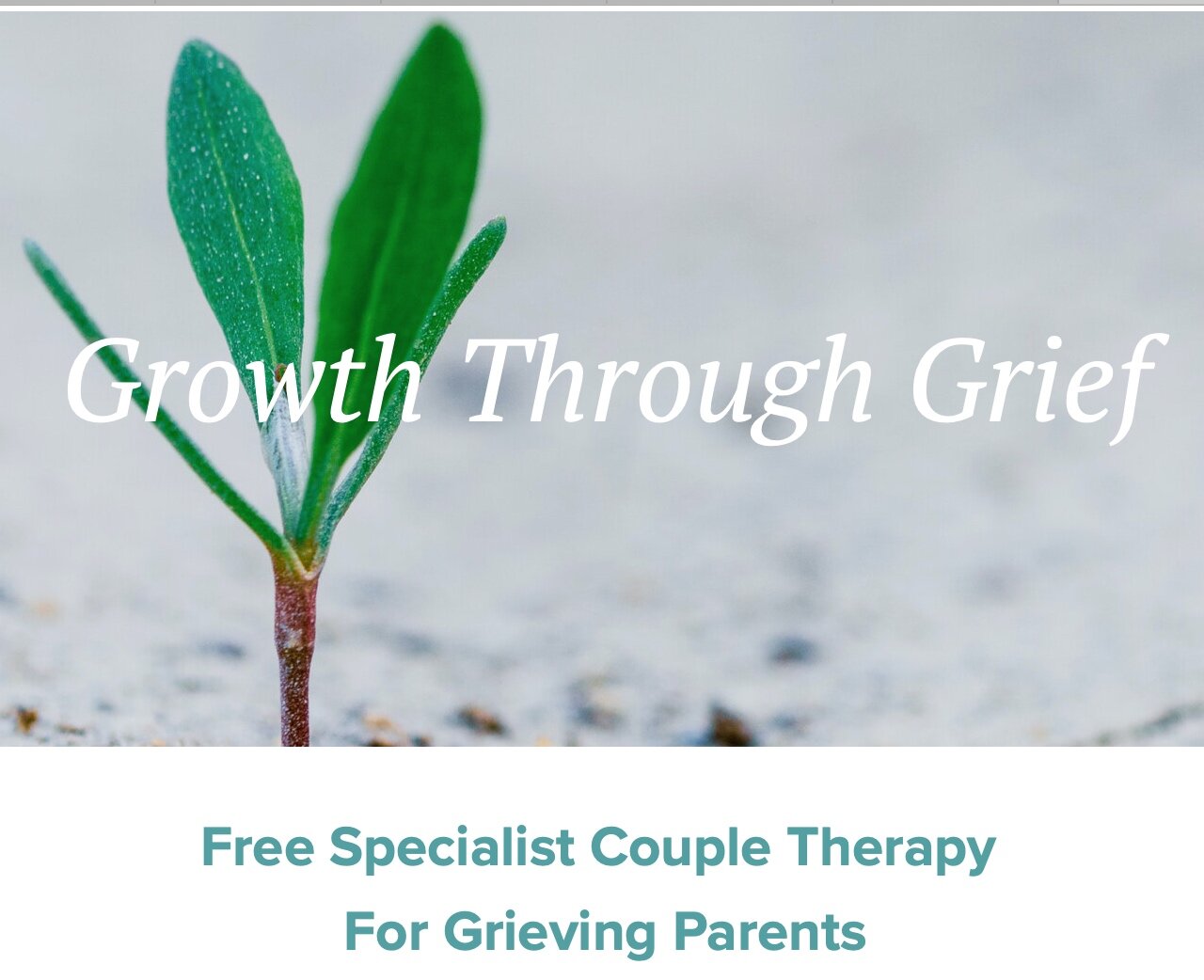What no-one wants to think about
The death of a child.
Not the most uplifting topic, but one that is very real and relevant right now. I like to take on a small amount of pro-bono partners and when a friend of mine told me about a free grief counselling service available for parents who have lost a child and how she was struggling to get the word out about it, I happily accepted to act as their PR consultant.
Then COVID hit.
Bad news after bad news - it is hard to get anyone to touch this story. So I have decided to shout it from the rooftops myself.
The COVID-19 lockdown and period of isolation are leaving bereaved parents without physical contact with family and friends, thereby increasing their experience of trauma associated with loss, their sense of aloneness. Marriage is hard enough, let alone grieving failed rounds of IVF, SIDS or any other loss of child or loved one.
I spoke to Dr Timothy Keogh, President of Sydney mental health charity PENTHOS (my pro bono client) who said the mental health of grieving parents significantly declines if they are unable to process their grief due to forced isolation and an inability to escape their surroundings. It can then progress to become prolonged or complicated grief.
He said, “Such grief can have adverse psychological impacts on couples and families, in some cases leading to relationship breakdown, divorce and developmental impacts on surviving children.”
It is estimated that 7 per cent of the grieving population are experiencing complicated grief, according to Shear’s research conducted in 2012. They often require more help and support to get through this period.
“Like a wound that does not heal, couples experiencing such grief become affected by thoughts, feelings and behaviours that disturb and disrupt their relationships with others. Prolonged or complicated grief is a condition that is often not easily recognised or understood, but which can have far-reaching consequences.”
PENTHOS offers a free therapy program for couples experiencing complicated grief over the loss of a child, it is 100% free.
Recently this service has been made accessible to rural and remote areas that often have limited mental health services.
As well as face-to-face sessions, the program can be delivered online via video consultation, allowing continued access to their services in NSW if a second lockdown is initiated.
“There are limited publicly available services available, especially to help couples to deal with prolonged and complicated grief,” said Dr Keogh.
“The charity PENTHOS was founded to meet this gap in services. Its founders and donors understand the real human and economic costs associated with unremitting grief in couples and families.”
If you know of anyone suffering - let them know about this service. I will also be sharing a simple post on my LinkedIn page, please share and help spread the word. More details can be found on their website or please feel free to reach out to me directly and I will be happy to put you in contact.
https://www.penthos.org.au


